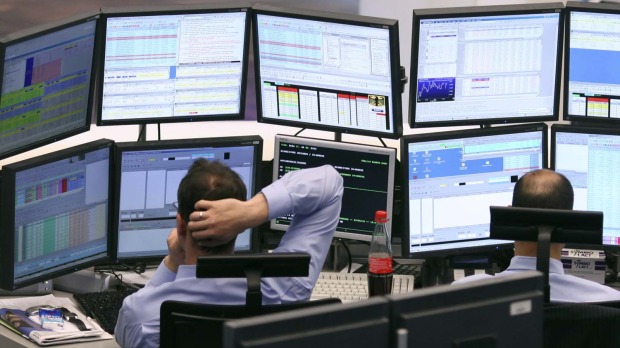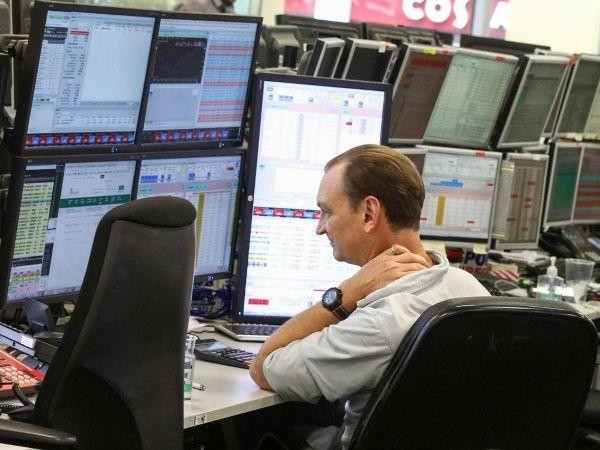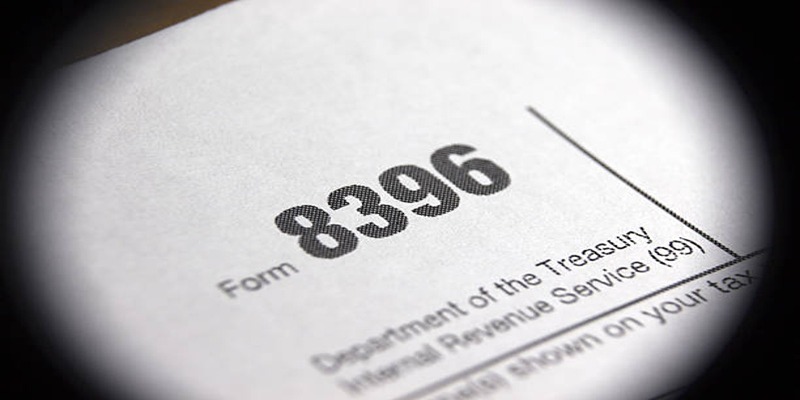A financial intermediary that specializes in facilitating transactions between investment banks, broker-dealers, and other big financial institutions is known as an inter-dealer broker (IDB). IDBs deal with huge blocks of securities in situations when the trading volume is limited or when customers want to remain anonymous with their transactions.
Even though they often function as agents for big deals completed on exchanges, inter-dealer brokers typically concentrate on transactions in settings where there is neither a formal exchange nor a market maker system. Consequently, IDBs are also active participants in the over-the-counter (OTC) market, where they service municipal, government, corporate, and other bonds.
Understanding Inter-Dealer Brokers
IDBs are called "inter-dealer brokers" since they help institutional customers with trading, put together deals for those clients, and execute trades for them. The majority of IDB activity is agency business. Certain IDBs will commit cash on specific orders, thereby temporarily taking on the risk of a position to fulfill a customer's request. They would then try to sell that position to other clients or the market as a whole in the event they were successful.
Liquidity and transparency are severely restricted in over-the-counter markets since, by definition, these markets are not centralized. Inter-dealer brokers play an important part in trading since they provide price information, liquidity, and confidentiality for their clients' transactions. They are, in a sense, miniature exchanges in which other financial institutions may search for bids and offers relevant to the activities they engage in. IDBs operate like market makers because they purchase from one dealer to sell to another.
IDBs provide a crucial function by bringing together purchasers and vendors of fixed-income instruments that are less well-known. Some products have become too specialized in this industry to attract many market participants. Therefore, it is important to connect a willing buyer with a motivated seller to allow a transaction to take place, which ultimately results in price discovery for securities with low liquidity.

Special Considerations
IDBs also serve another purpose: to calm the market when it is experiencing extreme volatility. IDBs, except IDBs that invest in municipal bonds, are often the only players prepared to acquire assets that seem to be cheap and take the chance that the market will revert to a more stable level. There are instances when this is the case. If their prediction is accurate, not only will they receive fees on the purchasing and selling of bonds to dealer banks, but they will also make a profit on the bonds themselves. This is very necessary to preserve liquidity during these trying times.
IDBs are active in markets that do not have a market maker, defined as a dealer in securities or assets that will only buy or sell at predetermined prices. These include the over-the-counter derivatives market and the bond market. Investors in a bond market are given certificates of debt securities that are collateralized against a corporation's or government's obligations. On the over-the-counter (OTC) derivatives market, securities are not acknowledged as part of a centralized exchange.
Inter-Dealer Broker Benefits
Inter-dealer brokers provide benefits to traders at financial institutions in several different ways. By publishing a bid, an offer, and the number of accessible securities for trade, IDBs facilitate better price discovery and increase transparency. This listing contributes to the flow of information, increasing market liquidity and efficiency in a sector with a limited number of participants.
While working via the inter-dealer broker system, dealers can maintain their anonymity and privacy. Additionally, there is a possibility that the expenses of trading may decrease. Inter-dealer brokerages make their money off very narrow margins, yet they are responsible for very large transactions. Inter-dealer brokers, like other parts of the financial industry that deal with transactions and record-keeping, are forced to adapt to the shifting electronic environment. In the past, workers would spend their whole day on the phone; they were referred to as "voice brokers" because of how much time they spent on the phone. After hours, a significant amount of effort was put into expanding and preserving their client bases via providing travel and entertainment options. The level of competition for the company was high.

A growing percentage of business is conducted electronically, and IDB systems connect buyers and sellers to facilitate transactions. On these platforms, merchants can engage in direct commerce with one another, even though the identities of both parties are concealed. However, the company must continue promoting itself beyond normal business hours to ensure that clients are satisfied.




